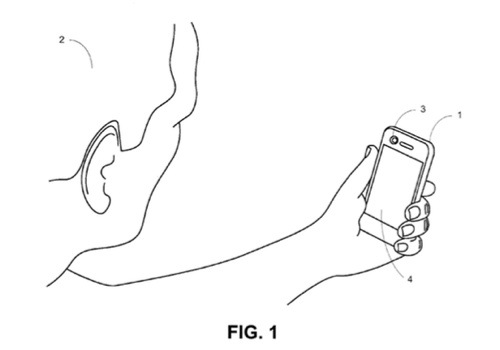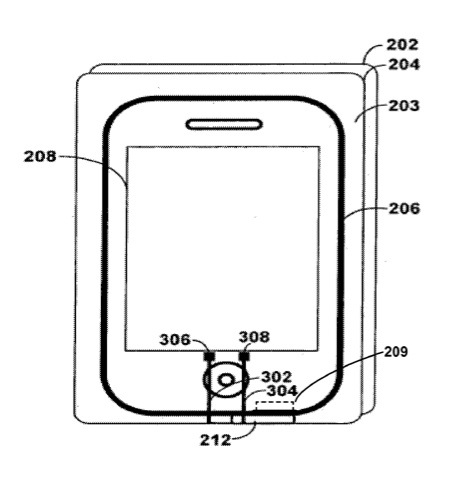ABI Research (www.abiresearch.com), a global tech market advisory firm, expects the virtual reality (VR) market to hit an inflection point within the next two years, driven by new incremental advances in technology and hardware (including lower prices), increased traction in the enterprise/commercial markets, and healthy interest in the new standalone HMDs.
Despite this expected growth, reaching nearly $22 billion in total market revenue by 2024, VR will remain outside the collective mainstream audience for some time, according to the research group.
“The VR market has been a veritable roller coaster ride, with early excitement building like the climb toward the ride’s apex, waiting for the exhilarating rush that would transform the world. Only the climb ended well short of this vision and the ensuing ups and downs have caused some to view VR as more of a sideshow than the main attraction. Ultimately VR will go through a similar maturation process as many previous technologies – we didn’t all start off carrying around iPhone and Android smartphones when mobile devices first launched,” comments Michael Inouye, principal analyst at ABI Research.
To date, the VR market has had some notable successes (e.g., Sony’s PSVR, Oculus Go, HTC Vive and location-based VR, and developments in enterprise applications), but the weaker reception has caused some early advocates to lessen their presence in VR, at least in the public eye (i.e., Samsung and Google). Although Augmented Reality (AR) mobile, in particular, has garnered more attention at major mobile press events, VR advancements continue, albeit with less fanfare, than just a few years ago.
“Contrary to some opinion, VR is not in the same situation as 3D TV, which never really took off. While VR by itself may not reach its vaunted vision as the next compute platform, in the foreseeable future, it is carving a role in the enterprise and its deeper level of immersion will increasingly push into the media and entertainment market,” Inouye concludes. “Perhaps it is because technology moves with such rapidity that some might have impatience or get overly optimistic and expect markets to develop on a truncated timeline. But, in reality, these market transformations often take time, and VR is no exception.”




